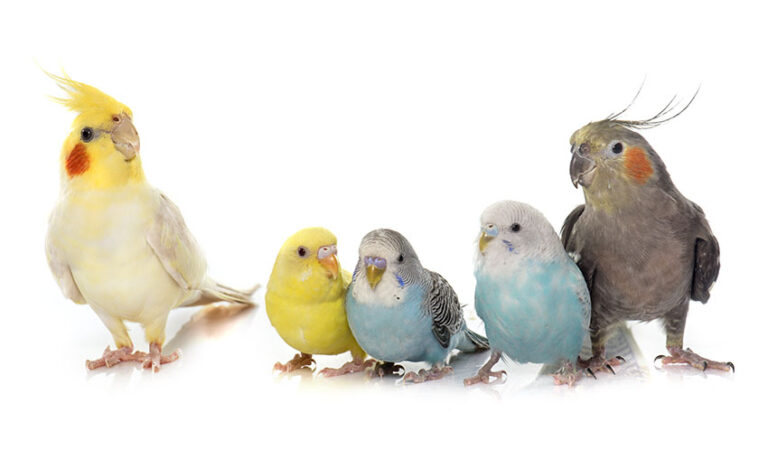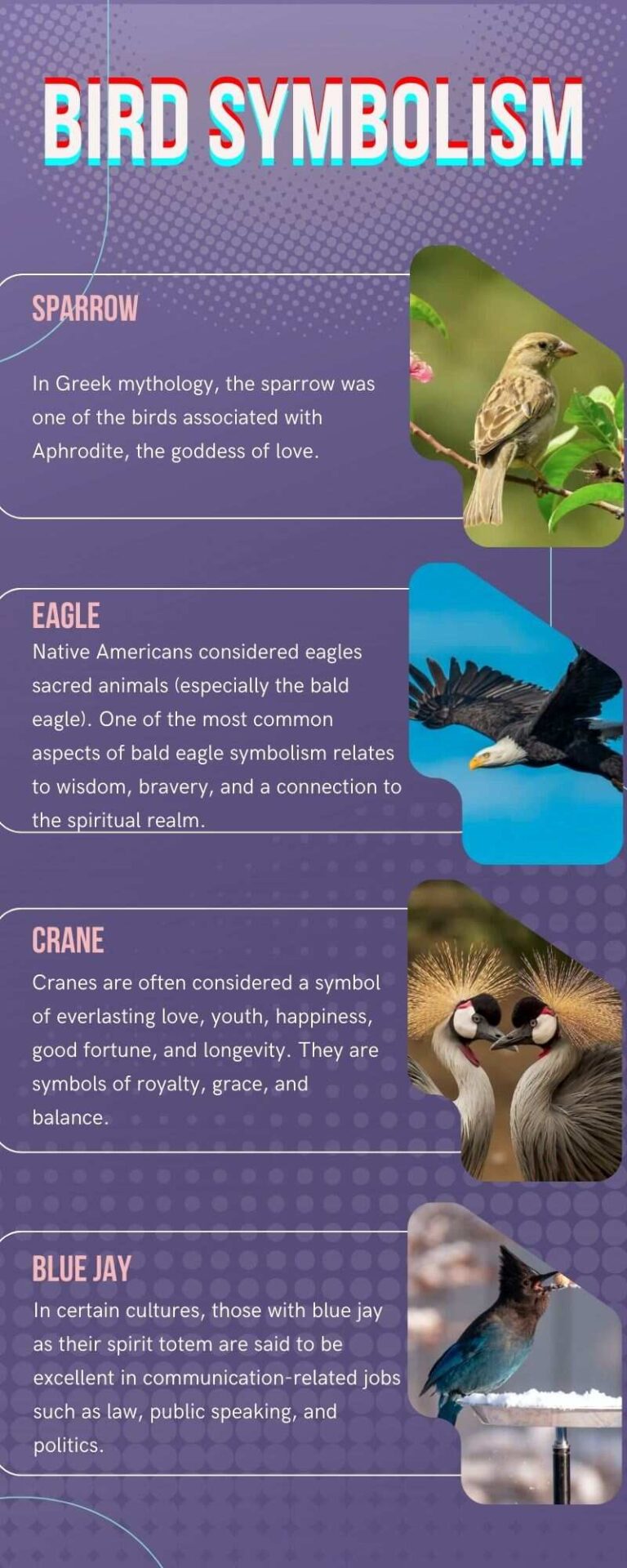How Do Birds Survive In The Winter
Birds are remarkable creatures with an incredible ability to adapt to different environments. One of the most challenging times for these creatures is the winter season.
During winter, birds face a host of challenges, from freezing temperatures to food scarcity.
However, they have developed unique survival strategies to overcome these challenges.
Understanding how birds survive in winter is not only fascinating but also crucial for bird conservation efforts.
The Challenges Birds Face in Winter
Winter presents several challenges to birds. These include:
- Cold Temperatures: The drop in temperature is a significant challenge for birds. Unlike humans, birds cannot layer up to keep warm. They must rely on their natural adaptations to survive the cold.
- Food Scarcity: Winter also means a decrease in the availability of food. Insects become scarce, and plants stop producing fruits and seeds, making it difficult for birds to find food.
- Predators: The scarcity of food also means that birds often have to venture out into the open more frequently, making them more vulnerable to predators.
Despite these challenges, birds have found ways to survive and thrive during the winter months.
How Birds Keep Warm
Birds employ several strategies to keep warm in winter:
- Feather Fluffing: Birds fluff up their feathers to trap heat and create an insulating layer against the cold. This behavior is a common sight during the winter months.
- Shivering: Birds, like humans, shiver to generate heat. This involuntary muscle movement helps raise their body temperature.
- Roosting in Groups: Many bird species roost in groups during winter. By huddling together, they can share body heat, reducing the amount of heat loss.
These strategies are crucial for birds to maintain their body temperature and survive the harsh winter cold.
Bird Feeding Habits in Winter
Winter also brings about changes in bird feeding habits:
- Increased Food Intake: Birds tend to eat more during winter to increase their energy reserves. The extra energy helps them keep warm.
- Fat Storage: Birds store fat as an energy reserve. This fat not only provides energy but also acts as an additional insulating layer.
- Foraging Behavior: Birds also change their foraging behavior in winter. They tend to forage more during the warmer parts of the day and stay sheltered during the coldest times.
These feeding habits are essential for birds to maintain their energy levels and survive the winter months.
Bird Adaptations for Winter Survival
Birds have developed several adaptations to help them survive the harsh winter months:
- Migration: One of the most well-known adaptations is migration. Many bird species travel to warmer regions during winter, where food is more readily available. This long journey can be quite dangerous, but it’s often a better alternative than facing the harsh winter.
- Torpor: Some birds use a hibernation-like state known as torpor to conserve energy. During torpor, a bird’s body temperature drops, and its metabolic rate slows down. This state allows them to save energy during the coldest parts of the day.
- Changing Color: Some bird species change color in winter. This color change often serves as camouflage, helping them blend in with the snowy landscape and avoid predators.
These adaptations are crucial for birds to survive the winter season.
How Humans Can Help Birds in Winter
Humans can play a significant role in helping birds survive the winter. Here are some ways you can help:
- Providing Food: Setting up bird feeders can provide a valuable food source for birds during winter. Ensure to provide high-energy foods like seeds and suet.
- Providing Water: Birds need fresh water for drinking and bathing, even in winter. You can provide water by setting up a bird bath and keeping it ice-free.
- Providing Shelter: Providing shelter can help protect birds from the cold and predators. You can set up birdhouses or leave dead trees standing as they can serve as natural shelters.
FAQs
Here are some frequently asked questions about how birds survive in winter:
- Do birds feel cold in winter? Yes, birds do feel the cold, but they have several adaptations that help them cope with it. These include fluffing their feathers to trap heat, shivering to generate heat, and using a hibernation-like state called torpor to conserve energy.
- Why do birds not freeze in winter? Birds have several strategies to prevent freezing in winter. They can fluff their feathers to create an insulating layer of air, shiver to generate heat, and some species can even lower their body temperature to conserve energy. Additionally, birds have a higher metabolic rate than humans, which helps them generate body heat.
- What happens to birds during winter? During winter, birds face several challenges including cold temperatures, food scarcity, and increased predation risk. To cope with these challenges, birds have developed several adaptations such as migration, changing their feeding habits, and using torpor. Some birds also change color to blend in with the snowy landscape.
- How can I help birds in winter? You can help birds in winter by providing food, water, and shelter. Setting up bird feeders with high-energy foods like seeds and suet can provide a valuable food source. Providing fresh, ice-free water for drinking and bathing can also be beneficial. Additionally, setting up birdhouses or leaving dead trees standing can provide much-needed shelter.
Conclusion
Understanding how birds survive in winter gives us a glimpse into their remarkable adaptability.
From physiological changes like feather fluffing and torpor to behavioral adaptations like migration, birds have evolved various strategies to survive the harsh winter months.
As humans, we can play a role in supporting bird survival in winter by providing food, water, and shelter.
By doing so, we not only help preserve bird populations but also contribute to maintaining the balance of our local ecosystems.


